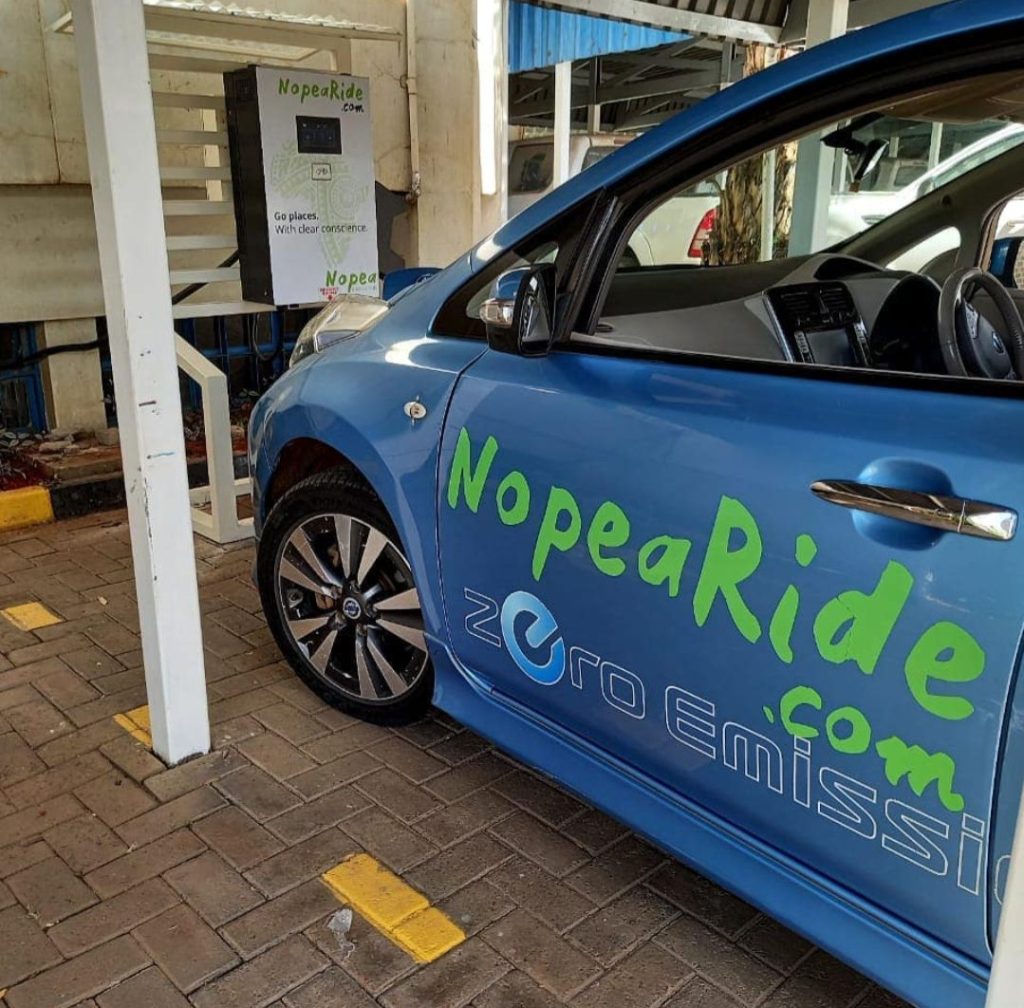The rapid revolution in automotive technology has taken a new direction with the popularity of electric cars and motorbikes taking over major world cities such as Hong Kong, Paris and Johannesburg. Kenyan has not been left behind after the introduction of nopea ride an electric car company in Kenya. In the continent, Rwanda has been seen as among the pioneers while Kenya is ragging behind as a low adaptor but its fast progression is still commendable considering the fact that the rate of infrastructure development has not been fast enough.

For the climate activists that have strongly advocated against carbon fuels, their cry has not fallen on deaf ears as we can see the key stakeholders such as the different government agencies taking up the challenge to address this need to abandon carbon fuels and move to renewable energy with hybrid cars being introduced in Kenya from 2017 and the number of imported electric cars increasing by the year.
Among many other factors that have contributed to the pace of adoption of electric cars in Kenya is the uncertainty in the electricity production in our country. Often on twitter will you find KPLC (Kenya power and lighting company) being bashed for its unreliability and power outages in different parts of the country often even without notice. This often puts worry and doubt on the many Kenyans who might want to import electric cars but are hesitant because of the electricity infrastructure deficit and unpredictability as opposed to developed nations where electricity and electric car charging stations are available in plenty.

Even with an intension to lower the global carbon footprint on the globe, the call by developing nations for funding by developed countries has not been fully addressed and responded to. For instance, countries such as Kenya, Gambia and Togo can be said to contribute relatively low level to carbon emissions compared to China and the UK but are bearing and equal burden of the adverse effects of climate change being witnessed worldwide such as floods among others.
As a car buyer in Kenya, unless there are more incentives issued to a buyer purchasing an electric car in Kenya it might be rather difficult making the choice to purchase one. For logistic and transport companies however, that operate with a specific geographic area such as around the capital city, those firms are more likely to find more value from operating electric cars as their operations are limited to a small area and notwithstanding the fact that some of their patrons will also support the company in their believe that they are also part of the carbon emission reduction solution.
A proper mechanism including legislation should be set up to guide the transition from carbon fuels to renewable and clean energy as to hasten the pace of the transition which also might have a strong possibility of denying African countries from exploiting their rich resources in coal as their western counterparts have done before. South Africa for instant had an industrial development agenda pegged onto its exploitation and use of coal resources which has now been thwarted by the global agenda of curbing global emissions of Co2 into the atmosphere, posing a critical question, can environmental sustainability go hand in hand with industrial development which is very much need in Africa?